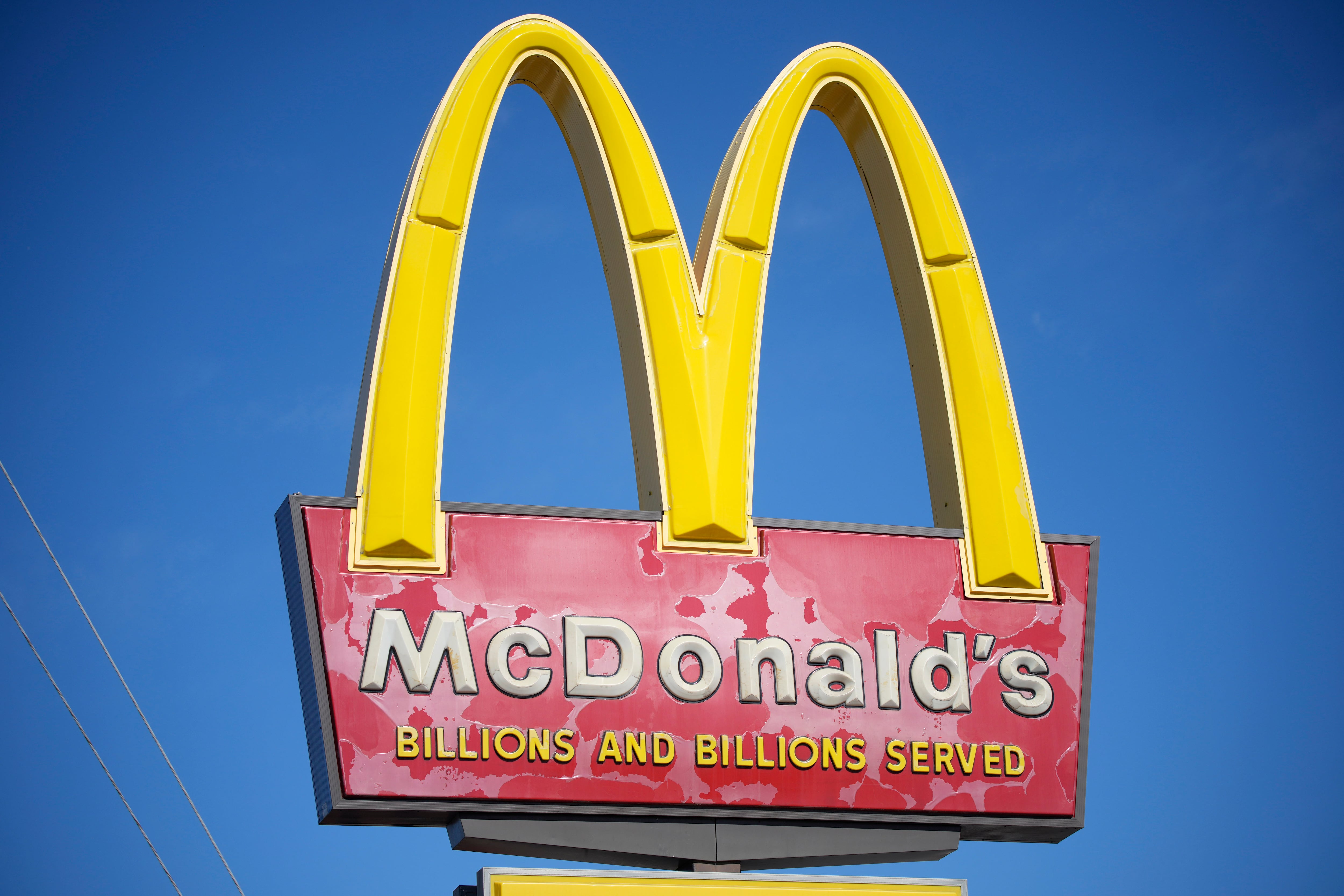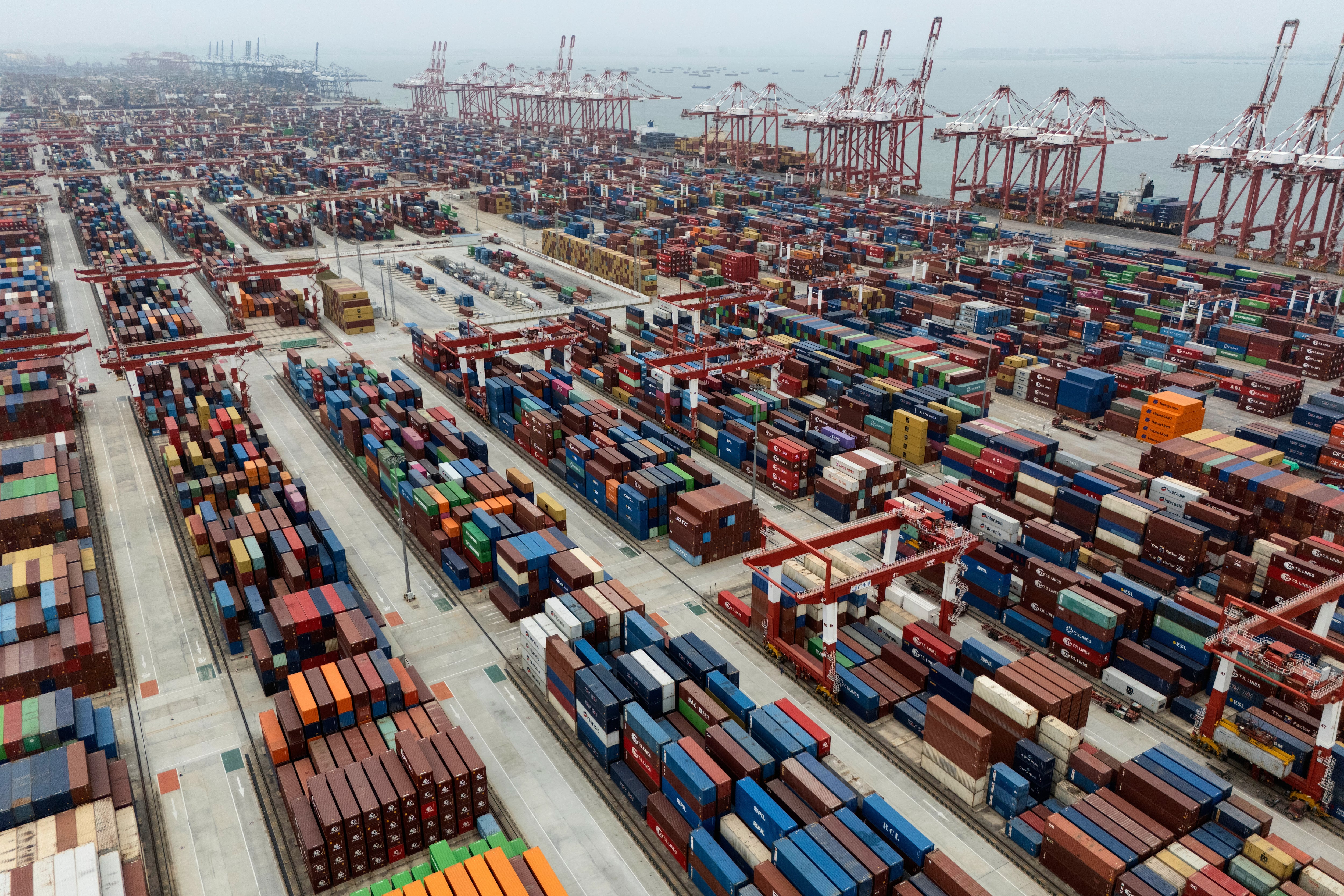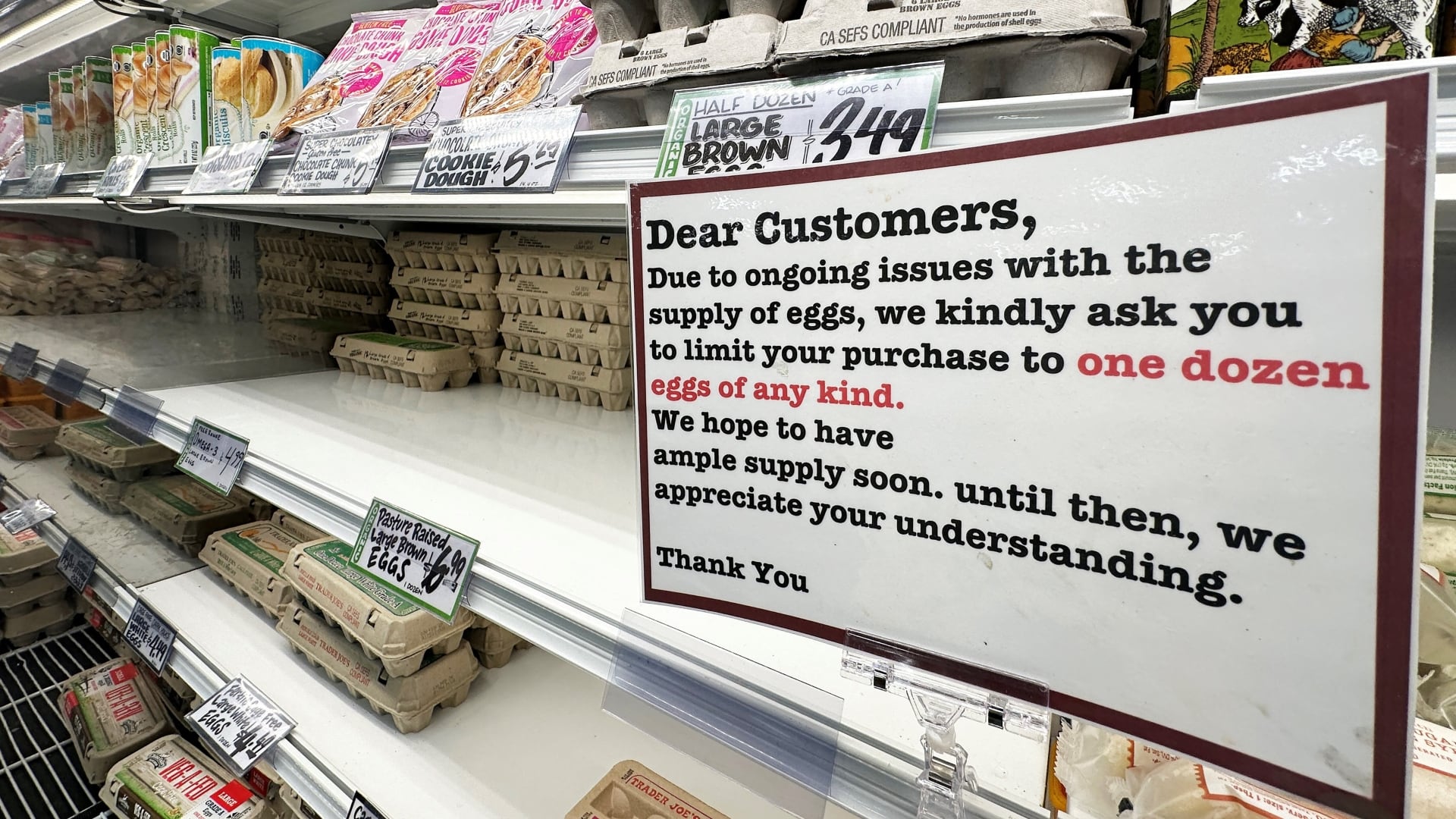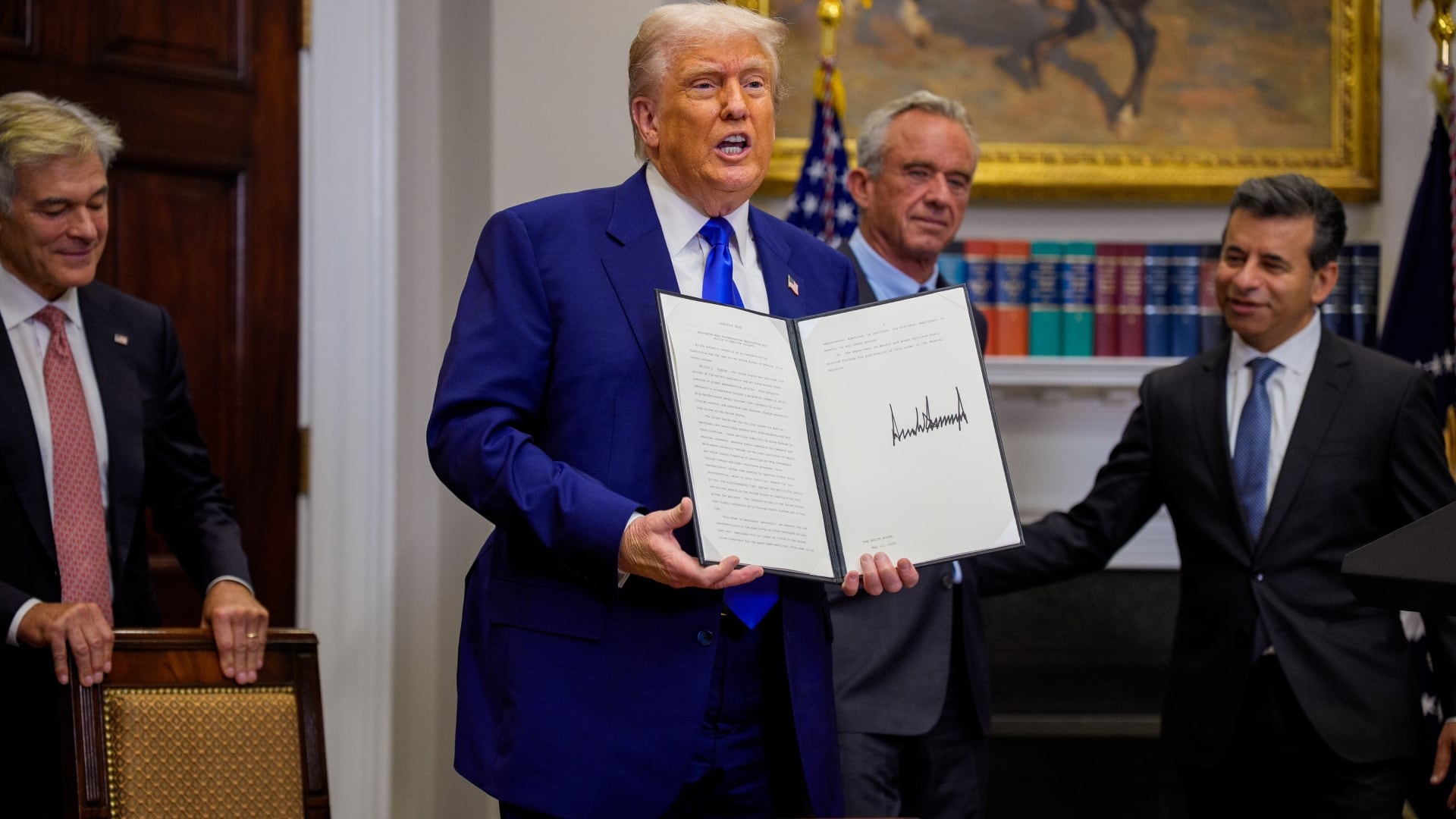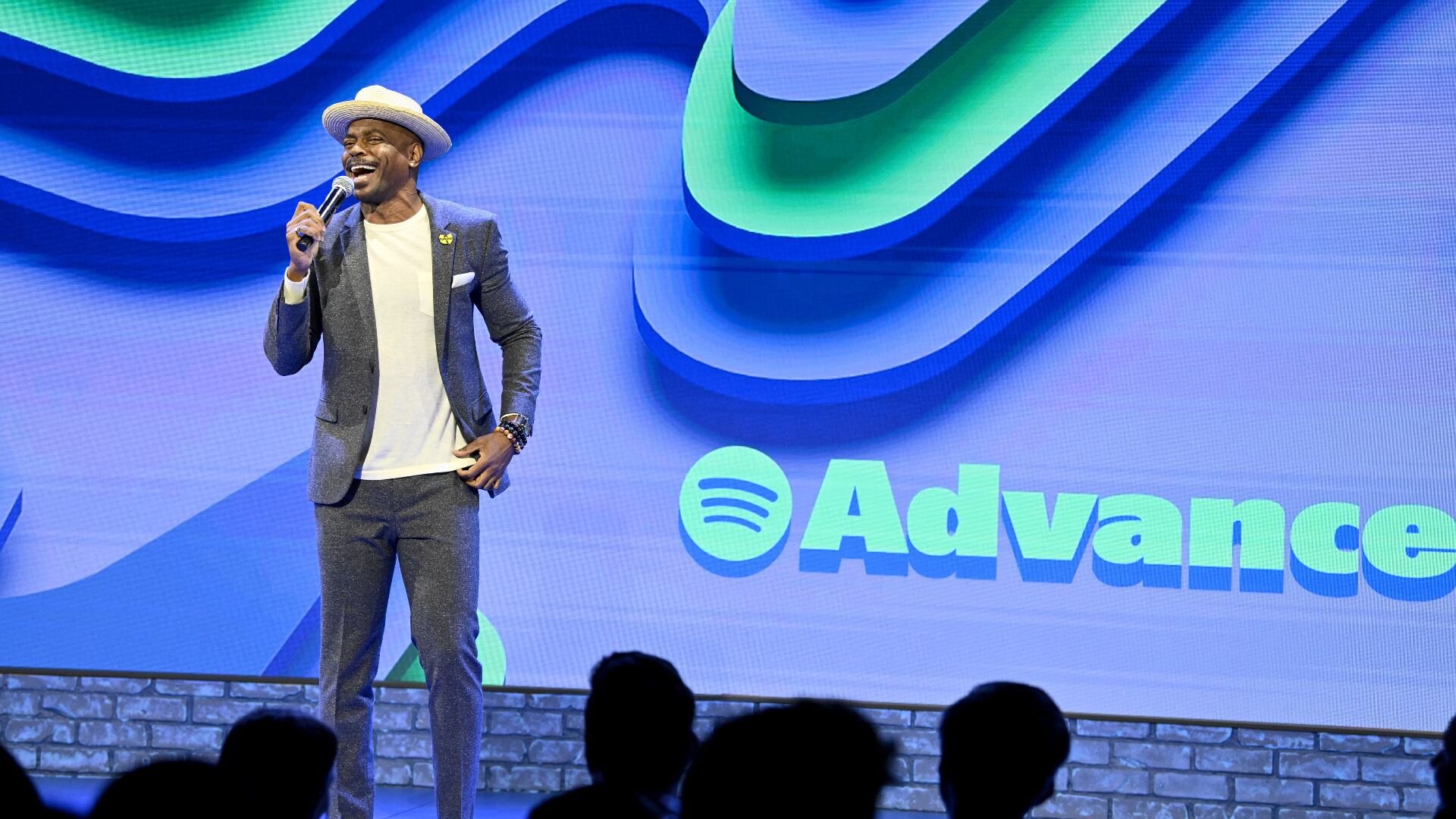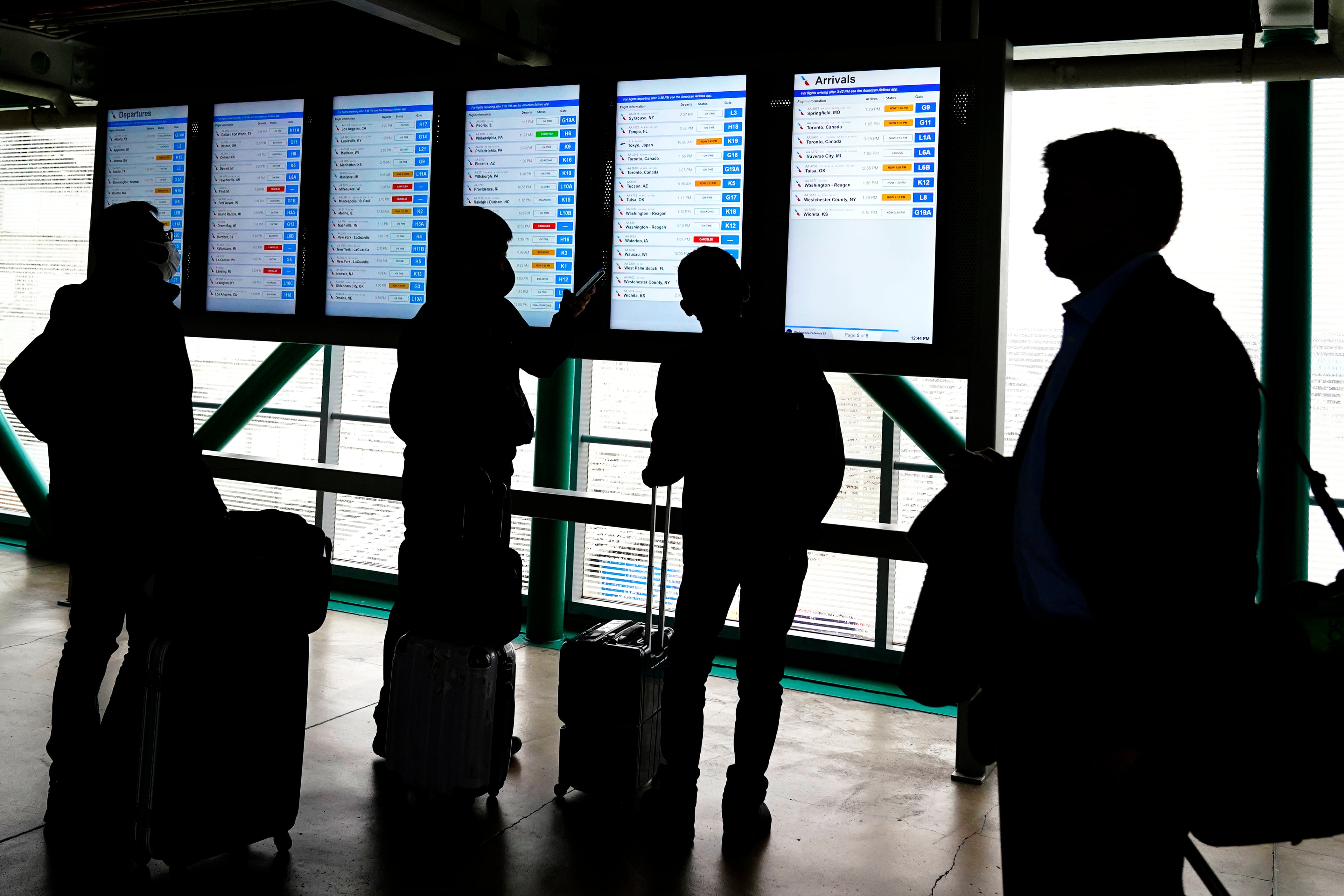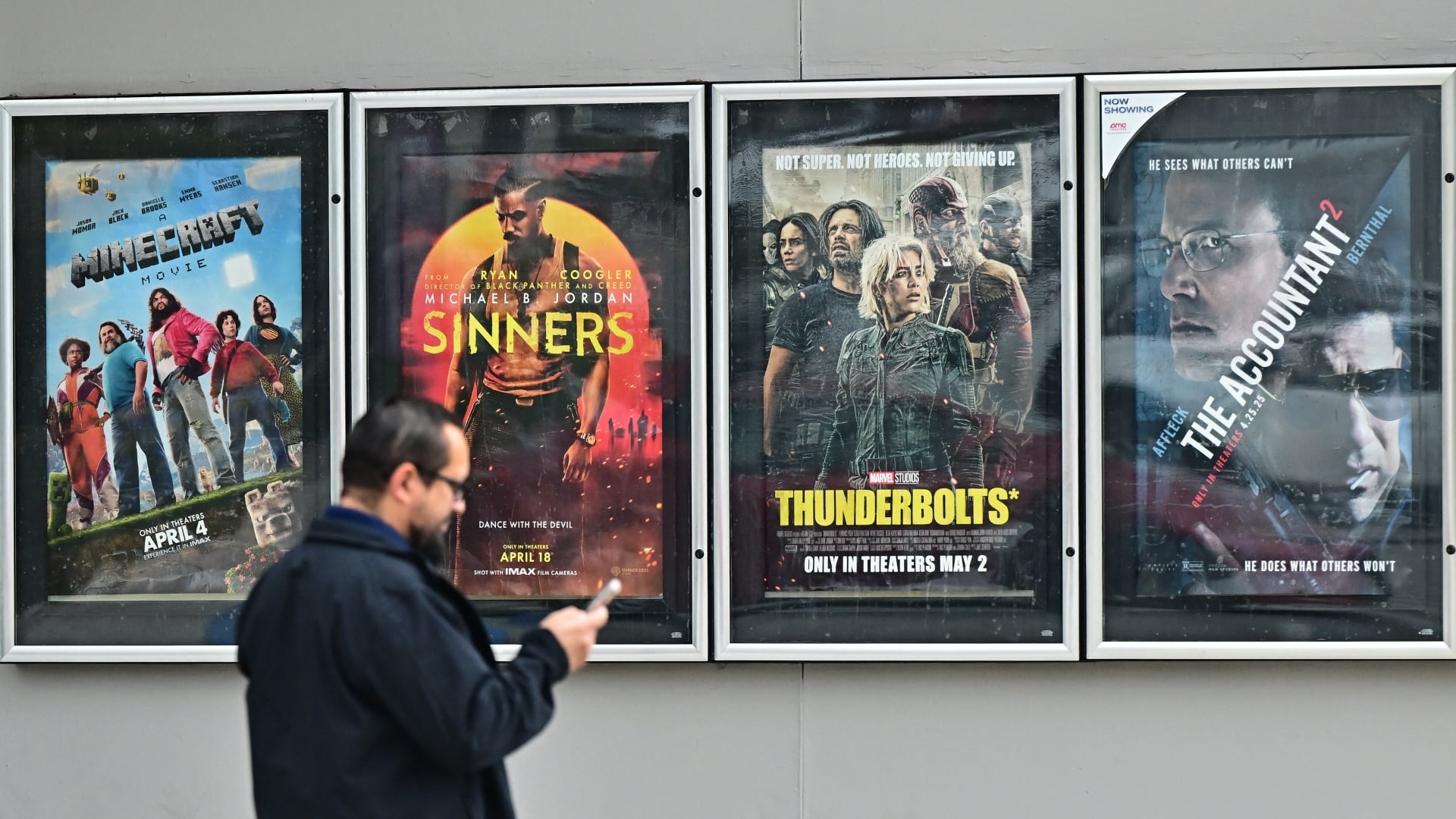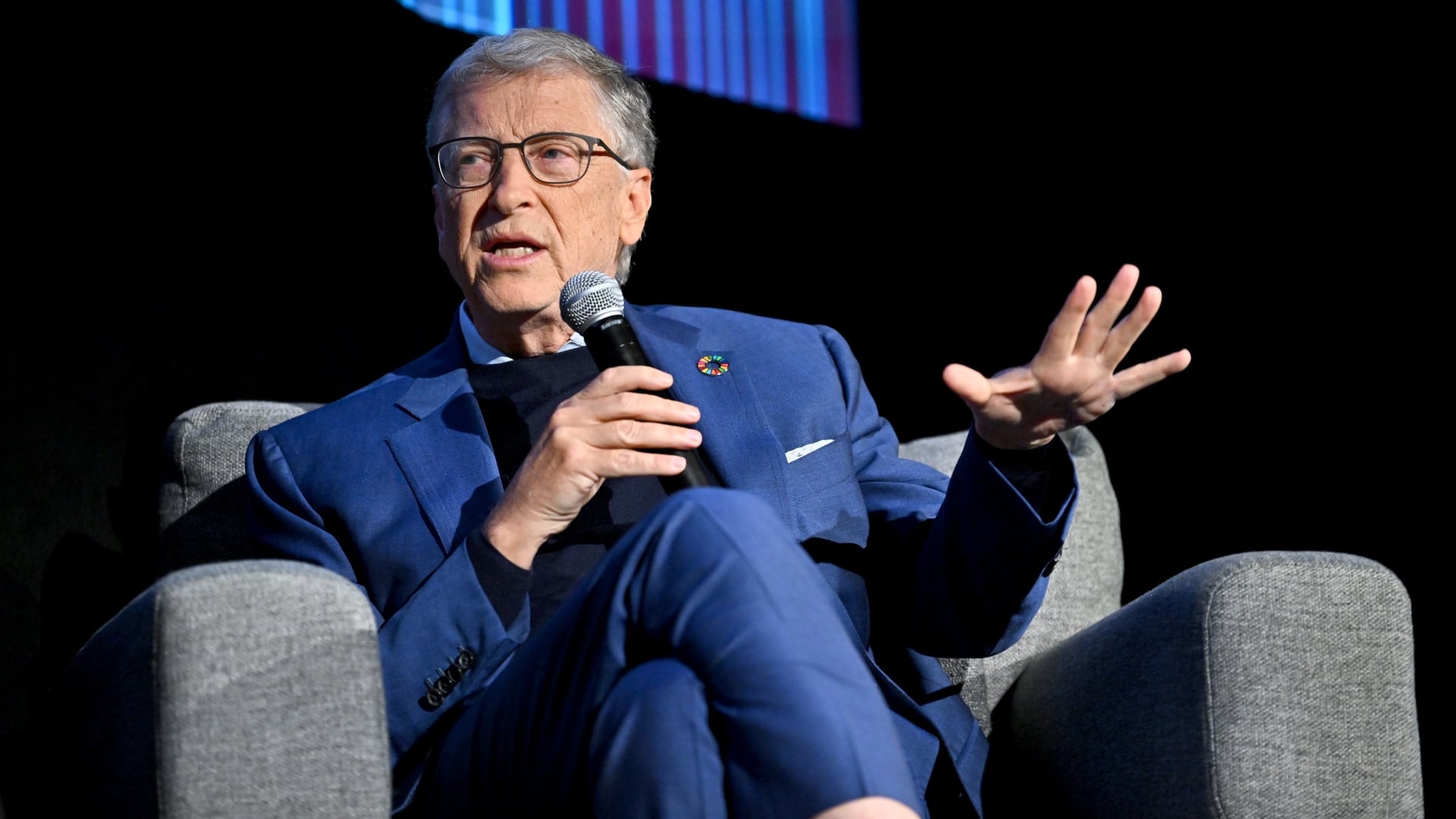*By Tracey Cheek* At a moment when public trust in media is at a low ebb and cries of "fake news" are rampant, Consumer Reports has managed to retain the trust of its 6 million consumer members ー and the ear of top CEOs. Tech companies like including Tesla ($TSLA) and Facebook ($FB) have all made changes to their products or marketing thanks to investigations published by Consumer Reports. The non-profit organization identified a security bug on Facebook's platform over the summer. They also worked with Tesla to correct a braking issue in the company's Model 3. "We've been at this for 80 plus years, 60 plus labs; we test and rate over 8,000 products a year," Consumer Reports President and CEO Marta Tellado told Cheddar Thursday. "I think we've earned the trust of both manufacturers and consumers because of the rigor and evidence-based research that we use." With the proliferation of product reviews online ー not all of which can be trusted ー Tellado said Consumer Reports is more important than ever. "When they're in the marketplace making decisions, there's an imbalance of power. They don't have all the cards," she said, as well as online reviews that may not be trustworthy. Throughout its long history, Consumer Reports has played a major role in shaping transportation safety, from seat belts to backup cameras. As for the future of mobility, Consumer Reports will continue to monitor what's safe and what's not. "We're seeing a lot of marketing that says 'self-driving' and that sends a message to the consumer that you don't have to pay a whole lot of attention ー you can take your hands off the wheel," Tellado said. "It's not self-driving yet. So we've come back around to some automakers and said that advertising is not safe, and they've responded to that." For full interview [click here](https://cheddar.com/videos/consumer-reports-in-the-digital-age).
